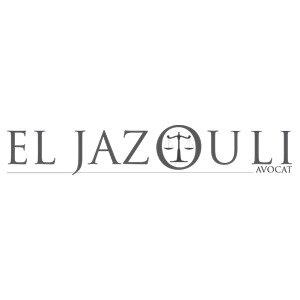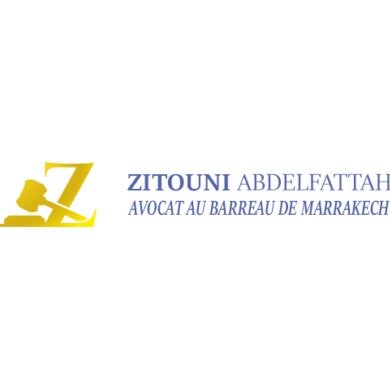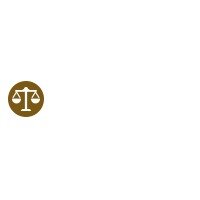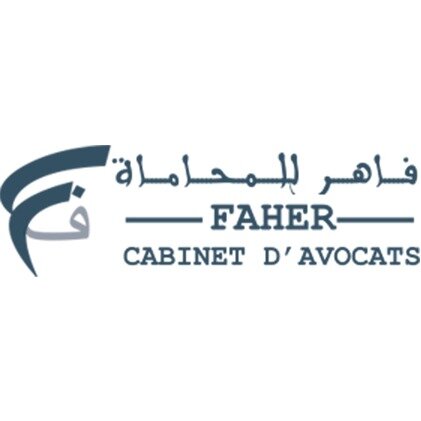Best Licensing Lawyers in Morocco
Share your needs with us, get contacted by law firms.
Free. Takes 2 min.
Or refine your search by selecting a city:
List of the best lawyers in Morocco
About Licensing Law in Morocco
Licensing law in Morocco is a legal framework that governs the use and distribution of various products, services, and intellectual properties. This can include everything from licensing software, operating a business, to the use of intellectual property such as music or inventions. The legal framework is designed to protect both the licensor, who owns the rights, and the licensee, who seeks permission to use such rights. Licensing laws ensure economic fairness, uphold contractual obligations, and help foster innovation and creativity.
Why You May Need a Lawyer
There are several reasons why you might need a lawyer related to licensing in Morocco. Common scenarios include:
- Negotiating and drafting licensing agreements to ensure that all terms are clear, fair, and legally enforceable.
- Handling disputes arising from licensing agreements, such as breaches of contract or disagreements over royalty payments.
- Providing guidance on compliance with Moroccan licensing regulations for businesses wishing to operate legally in the country.
- Assisting with the licensing of intellectual property, such as patents, copyrights, and trademarks.
- Defending against unauthorized use of intellectual property.
Local Laws Overview
Several key aspects of Moroccan law are particularly relevant to licensing:
- Intellectual Property Protection: Morocco is a member of international intellectual property agreements such as the Paris Convention and the Berne Convention, which influence the local legal environment.
- Commercial Code: Moroccan Commercial Code includes provisions on business operations and the necessity of appropriate licenses for various activities.
- Royalty and Tax Regulations: Licensing agreements in Morocco may have tax implications, including potential obligations for VAT or other taxes on royalties.
- Consumer Protection Laws: Licensing agreements must adhere to consumer protection laws to ensure fairness and transparency.
Frequently Asked Questions
What is a licensing agreement?
A licensing agreement is a legal contract between two parties. The licensor grants permission to the licensee to use their intellectual property for a specified period under certain conditions.
How are intellectual property rights protected in Morocco?
Morocco protects intellectual property rights through national legislation and adherence to international treaties like the Paris Convention and the Berne Convention for the Protection of Literary and Artistic Works.
Does a foreign company need a license to operate in Morocco?
Yes, typically a foreign company must obtain appropriate licenses to operate legally in Morocco, which may include business and sector-specific licenses.
What are the consequences of not having a proper license?
Operating without necessary licenses can lead to legal penalties including fines, business closure, and potential litigation issues.
Can licensing agreements be modified?
Yes, licensing agreements can usually be modified if both parties agree to the changes. It's recommended that these modifications be documented in writing and comply with legal requirements.
What should be included in a licensing agreement?
Key elements include the description of the rights granted, term of the license, payment terms, territorial scope, and any limitations on the use of the licensed rights.
How are disputes in licensing agreements resolved?
Disputes can be resolved through negotiation, mediation, arbitration, or litigation, depending on the terms agreed upon in the licensing agreement.
Do licensing agreements need to be registered in Morocco?
While not all licensing agreements require registration, registering them, especially those related to intellectual property, can offer additional protections.
What are licensing fees?
Licensing fees are payments made by the licensee to the licensor, typically structured as royalty payments based on usage, sales, or other metrics outlined in the agreement.
Is legal representation necessary for drafting licensing agreements?
While not legally required, having legal representation is highly advisable to ensure the licensing agreement complies with all relevant Moroccan laws and accurately reflects the intentions of both parties.
Additional Resources
For more information on licensing-related matters, consider consulting the following resources:
- The Moroccan Office of Industrial and Commercial Property (OMPIC)
- The Ministry of Industry, Trade, Green and Digital Economy
- Local chambers of commerce and trade associations
- Public business law firms that specialize in intellectual property and commercial law
Next Steps
If you require legal assistance in licensing, consider the following steps:
- Assess your specific licensing needs and issues.
- Gather any relevant documentation, agreements, or records.
- Consult with a lawyer who specializes in licensing within the Moroccan legal system. You can seek recommendations or search for credentials online.
- Discuss your situation thoroughly with legal counsel to understand your rights and obligations.
- Follow your lawyer's advice on the best course of action, whether negotiating a new agreement, amending an existing one, or resolving a dispute.
Lawzana helps you find the best lawyers and law firms in Morocco through a curated and pre-screened list of qualified legal professionals. Our platform offers rankings and detailed profiles of attorneys and law firms, allowing you to compare based on practice areas, including Licensing, experience, and client feedback.
Each profile includes a description of the firm's areas of practice, client reviews, team members and partners, year of establishment, spoken languages, office locations, contact information, social media presence, and any published articles or resources. Most firms on our platform speak English and are experienced in both local and international legal matters.
Get a quote from top-rated law firms in Morocco — quickly, securely, and without unnecessary hassle.
Disclaimer:
The information provided on this page is for general informational purposes only and does not constitute legal advice. While we strive to ensure the accuracy and relevance of the content, legal information may change over time, and interpretations of the law can vary. You should always consult with a qualified legal professional for advice specific to your situation.
We disclaim all liability for actions taken or not taken based on the content of this page. If you believe any information is incorrect or outdated, please contact us, and we will review and update it where appropriate.
Browse licensing law firms by city in Morocco
Refine your search by selecting a city.

















